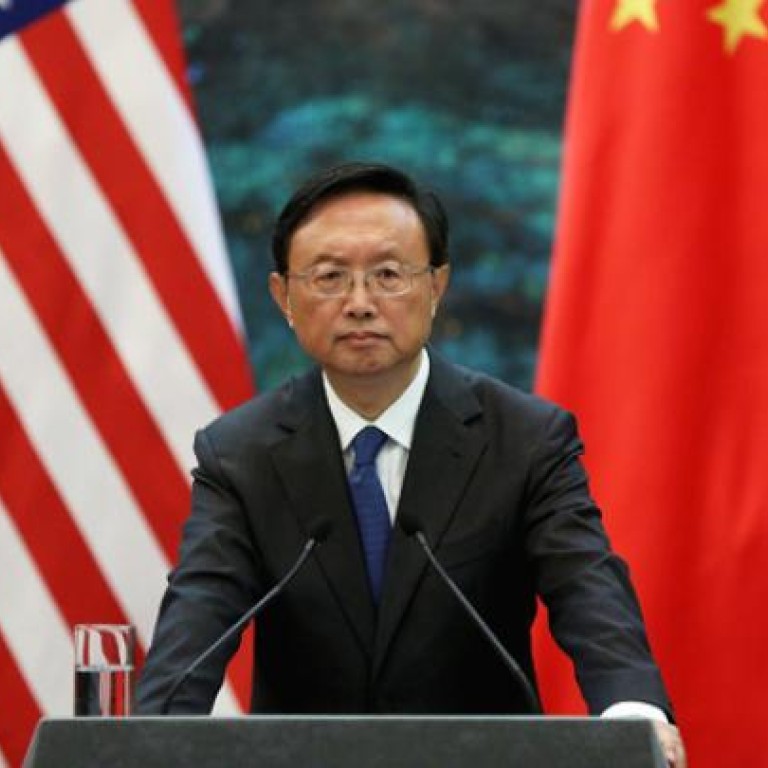
Fixed positions in South China Sea
Greg Torode says the wary reactions to China's assurance of freedom of navigation in the South China Sea underline the discord
"No state can arrogate unto itself the unilateral right to determine or assure the existence or non-existence of the freedom of navigation in the West Philippine Sea. Rather, the freedom of navigation is an established right that commands respect from everybody as a matter of international obligation."
Ignore the brazen reference to the West Philippine Sea for what is internationally known as the South China Sea. Ignore, too, the legalistic language. This statement from the Philippine foreign ministry last week - one of several from the region in a hectic week of diplomacy - crystallises the evolution of the dispute over the South China Sea.
It also points to why the dispute is proving so difficult to solve - and why it will remain a vexing regional and Sino-US problem in the longer term, no matter who wins the US election.
Chinese officials and scholars have long bristled at suggestions that freedom of navigation is somehow under threat and reject the notion that this issue justifies growing regional concerns about - and US interference in - the South China Sea.
"Freedom and safety of navigation in the South China Sea is assured," Foreign Minister Yang Jiechi said last week as he hosted his US counterpart, Hillary Rodham Clinton, in Beijing. "For China and our neighbouring countries, the South China Sea is really a lifeline for exchanges, trade and commerce. There is no issue currently in this area, nor will there ever be issues in that area in the future."
But Manila's statement, issued to express "guarded optimism" over Yang's remarks, reminds us that there is still a dangerous gap between Beijing's perceptions and those of other claimants and the United States.
Similar, but more blunt language is heard privately in the region and in Washington. Fears remain that, over time, China's military rise and its historical claim to virtually the entire South China Sea will see it assert effective control over the sea's international shipping lanes and resources. The point is that even if China makes good on pledges to assure freedom of navigation, rights to full control or sovereignty of territory within its controversial "nine-dash line" denoting territory claimed as Chinese will be resisted.
These fears sparked a chorus of concern in East Asia in 2009 that helped push Clinton and other US officials to get involved in the issue a year later. Now, after two years of at times intense and rancorous diplomacy, those concerns remain.
They are particularly acute in the Pentagon, where strategists work in time frames far beyond US electoral cycles. Differences between Beijing and Washington over what military activity is acceptable in international waters are already playing out in the South China Sea.
Singapore's prime minister, Lee Hsien Loong, also underscored the importance of freedom of navigation in a speech last week to senior Chinese officials at Beijing's Central Party School. "However the South China Sea disputes play out, freedom of navigation must be maintained," he said.

